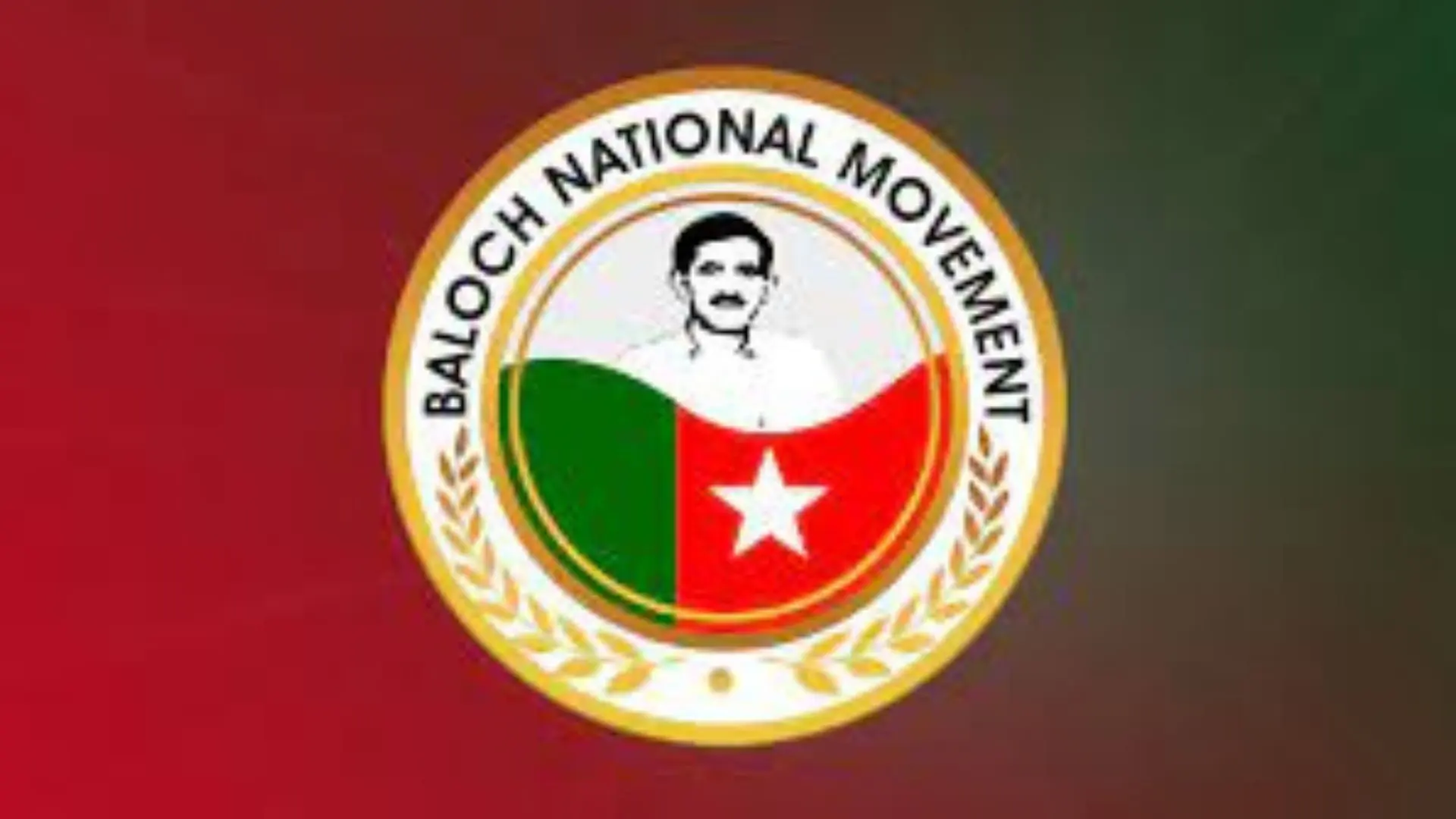The Baloch National Movement (BNM) commemorated the Murgaap incident by calling it a pivotal moment in the national struggle, claiming that sacrifices that BNM leaders Ghulam Muhammad Baloch, Lala Munir Baloch, and Sher Muhammad Baloch made thwarted enemy plans, exposed defectors aligned with state interests, and injected new life and direction into the Baloch liberation movement.
Speaking at a central ceremony marking the anniversary, BNM Chairman Dr Naseem Baloch said that the Baloch nation has endured 77 years of what he termed as “colonial domination” under Pakistan, facing systematic “repression” across three generations. He said these decades of resistance have produced politically mature and ideologically grounded cadres.
“Murgaap incident gave a new direction to the Baloch national movement,” Dr Naseem said. “The sacrifices of our martyrs exposed not only the intentions of the enemy but also unmasked those within our ranks who betrayed the cause.”
Alongside the main event, regional commemorations were held by BNM local units in Awaran and Gwadar. BNM’s top leadership including Vice Chairman Babul Latif, Secretary General Dil Murad Baloch, Information Secretary Qazi Dad Mohammad Rehan, Finance Secretary Nasir Baloch, and Central Committee members Chief Aslam Baloch, Mahganj Baloch, Talar Naaz, and Zeeshan Manan addressed the gatherings.
Leaders harshly criticized what they called state-sponsored fragmentation of the movement, pointing specifically to the emergence of the Balochistan National Democratic Party (BNDP), which they said mirrored the the more recent state-backed Balochistan Awami Party (BAP). They accused some former comrades of abandoning the national cause for political opportunism under state protection.
The legacy of Ghulam Mohammad Baloch was emphasized as central to resisting such deviations. BNM leaders said he opposed internal conspiracies at a time when the party’s structure was under threat, and that he inspired his fellow activists not to give in to fear or compromise. His decisions, they said, played a decisive role in defining the path of the movement.
“Shaheed Ghulam Mohammad preserved BNM because he saw that the defectors were working on the state’s terms to dissolve Baloch identity,” one speaker said, referencing deals allegedly made by former members like Tabib Asghar and Tabib Akbar. They also recalled the killing of Fida Ahmed as an attempt to suppress dissenting voices, saying Ghulam Mohammad Baloch’s adherence to Fida’s ideology kept the struggle alive.
In closing, party officials expressed satisfaction with BNM’s current trajectory, saying it continues to evolve as an effective political force and is making steady progress toward the goal of Baloch national liberation. They said movements like this require time, patience, and immense sacrifice, but the final outcome is inevitable.

